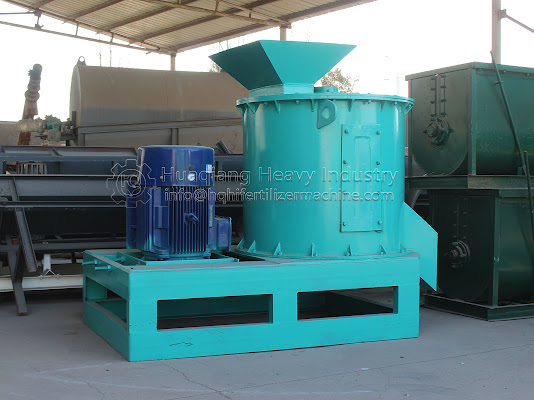Factors affecting the output of organic fertilizer production lines
The factors affecting the output of organic fertilizer production lines can be summarized into six categories: raw materials, processes, equipment, operations, environment and policies, as follows:
1. Raw material factors: Excessive moisture will prolong the fermentation time and make granulation difficult; too low moisture will cause large dust and low balling rate. Uncrushed straw, stones and other impurities will clog the equipment and reduce operating efficiency. High-nitrogen raw materials such as chicken manure and pig manure need to be strictly proportioned, otherwise they are easy to agglomerate or ferment incompletely.
2. Process conditions:
Temperature/humidity does not meet the standard: When the temperature and humidity of aerobic fermentation do not meet the standard, the activity of the strain decreases and the fermentation cycle is extended. Insufficient turning frequency, static composting is prone to anaerobic, produces odor and uneven decomposition.
3. Equipment factors: The selection of organic fertilizer equipment does not match the scale, which will lead to fault shutdown. Wear of key components, wear of granulator rollers and screens will reduce the granulation rate and increase the return rate. The degree of automation is low, the manual operation error is large, and the ratio and temperature and humidity cannot be accurately controlled.
4. Operation and management: If the fermentation compost is not turned in time or the gap adjustment of the granulator is incorrect, the output will be directly reduced. Failure to regularly clean the fermentation tank or replace the lubricating oil will lead to a decrease in equipment efficiency.
By systematically optimizing the above links, the actual output of the organic fertilizer production line can be increased to more than 90% of the designed capacity.




Comments
Post a Comment